
“I can respect any person who can put their ego aside and say, ‘I made a mistake, I apologize, and I’m correcting the behavior.” ~Sylvester McNutt
I remember I was a teenager when I went through this horrible breakup. I had never experienced heartbreak before, and the pain was excruciating, impacting many areas of my life. For years, I blamed him for the end of our relationship and for not appreciating my love.
My friends told me it was his loss and that I deserved much better. I nursed that breakup for longer than necessary. I never took responsibility for my part in the breakup and blamed only him for the type of person I became—guarded, insecure, and afraid to love.
Years later, I realized I had fallen into the common trap of the victim mentality that we all experience at some point in our lives. To be honest, I think I felt like a victim till I was almost forty.
I was young, and I had to go through all the feelings of grief, betrayal, and disappointment to slowly heal over the years because it always takes time, especially when you are not aware or not ready to admit that “Yes, I did play a part in what happened and how it made me feel.”
That is radical responsibility. Radical responsibility theorizes that we are 100% responsible for our lives, feelings, and personal growth in response to events.
This can be misinterpreted as absolving others of responsibility for their actions. However, holding others accountable for their actions is a separate and important process. Radical responsibility focuses on our own internal responses and choices while acknowledging the actions of others. It is a sign of personal growth when we accept our role in what happened instead of solely blaming others.
For instance, instead of immediately reacting defensively in a conflict, we can pause to examine our contributions to the situation. Did I miscommunicate? Did I react impulsively? Did I mess up?
Understanding our role allows us to communicate more effectively and constructively resolve conflicts. In relationships, radical responsibility encourages us to take ownership of our needs and boundaries, communicate them clearly, and respond to challenges with self-awareness and compassion rather than assigning blame.
By embracing radical responsibility, we begin to understand the valuable lessons that can be learned from even the most difficult experiences. It was very challenging for my ego to admit that I had been wrong so many times and that it was not always other people’s faults.
Experiencing the dark phases in life is necessary to grow and learn that there is more to every story. It’s easy to blame others for everything that goes wrong in your life, and it happens in all relationships, whether family, friends, coworkers, or even strangers. Some of us play the victim more than others because I know I did and still do, and I have to constantly remind myself that I am not an innocent bystander with no say or control in the situation.
It’s easier to blame others (“She’s terrible,” “Why me?”) than to examine my own role in the situation, acknowledging that I made choices within the context of my circumstances. It takes courage to acknowledge past behaviors like tolerating mistreatment to maintain approval, remaining silent out of fear, or prioritizing social acceptance over self-expression.
It doesn’t mean everyone is out there to get you or that every time you get hurt, it is only your fault, but that when something happens, we play a big role in what we do or feel.
For decades, I saw myself as a victim because I told myself that it was always other people’s fault when something went wrong in my life. I never wanted to admit that I also played a role in this. Initially, examining past situations and acknowledging my role wasn’t easy. It was painful to admit to myself that “I” made those mistakes and decisions because it is always easier to blame others and find fault in anyone but myself.
My graduate school experience was a prime example. I told myself I went there solely because my then-boyfriend wanted me to. I focused on his driving me to and from classes and his requests for constant contact, framing these as controlling actions—which they were.
But the truth, however painful to admit, was that I chose that school. I isolated myself from my classmates because that was what he wanted. He didn’t force me to do or not do anything. They were my decisions, made in a desperate attempt to salvage a relationship I feared losing and to avoid conflict.
Acknowledging this truth and recognizing my role in creating my unhappiness was a long and difficult process.
At first, I found this self-examination difficult. However, the more I analyzed my role in those situations, the more empowered I felt because I learned how much control I have over the things I do, say, and feel moving forward.
Reflecting on my role in past situations provided valuable lessons for navigating future challenges. Acknowledging my responsibility, despite external circumstances, brought a sense of freedom and a deeper understanding of my humanity. I felt this sense of freedom and relief because I had been carrying this burden for decades.
I know myself more because I called myself out on my choices because of my fears and insecurities, and other people may or may not have influenced my decisions. In the end, I did that.
I knew I was growing up when I was able to admit my mistakes in front of other people.
Accepting radical responsibility doesn’t mean others won’t try to influence you; it means you’re responsible for your responses. Radical responsibility is a conscious act of personal freedom in which we choose to look at ourselves rather than always pointing fingers at others.
Embracing radical responsibility is a journey of self-discovery that empowers us to navigate life’s challenges with greater awareness and resilience. By acknowledging our role in shaping our experiences, we move beyond the limitations of victimhood and cultivate a deeper understanding of ourselves and our relationships. This journey fosters self-awareness, improves communication, and ultimately empowers us to create a more fulfilling and authentic life.
(It’s crucial to acknowledge that radical responsibility does not apply in cases of abuse, assault, or trauma, where individuals are not responsible for the actions perpetrated against them. Survivors of these traumatic experiences may experience guilt, shame, and remorse, which are complex and distinct emotional responses that require specialized support and understanding.)
About Anjana Rajbhandary
Anjana Rajbhandary is an Ayurvedic Health Teacher and Certified Mental Health Professional with a passion for holistic wellness. When she’s not writing or teaching, you can find her exploring new cultures, enjoying live music, or spending quality time with her beloved rescue puppy, Sloane. Visit her at anjyrajy.com, on Medium, and on Instagram.
https://cdn.tinybuddha.com/wp-content/uploads/2025/02/Woman-holding-a-star.png
2025-02-12 16:38:14

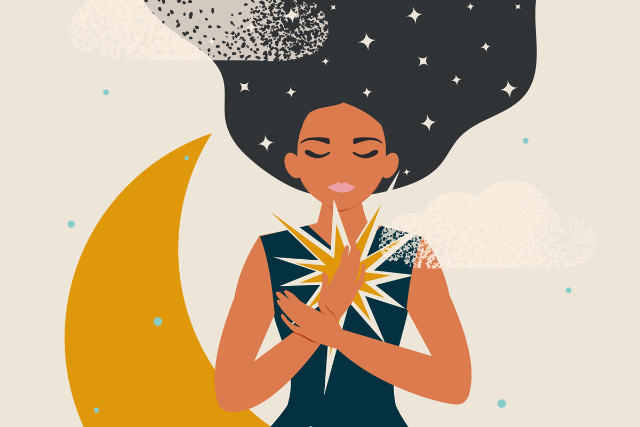
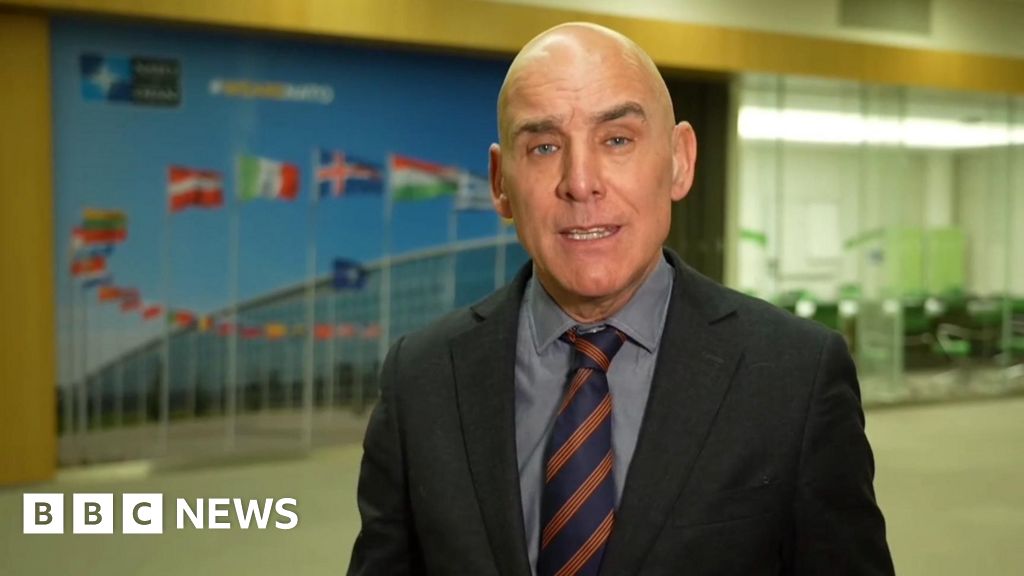
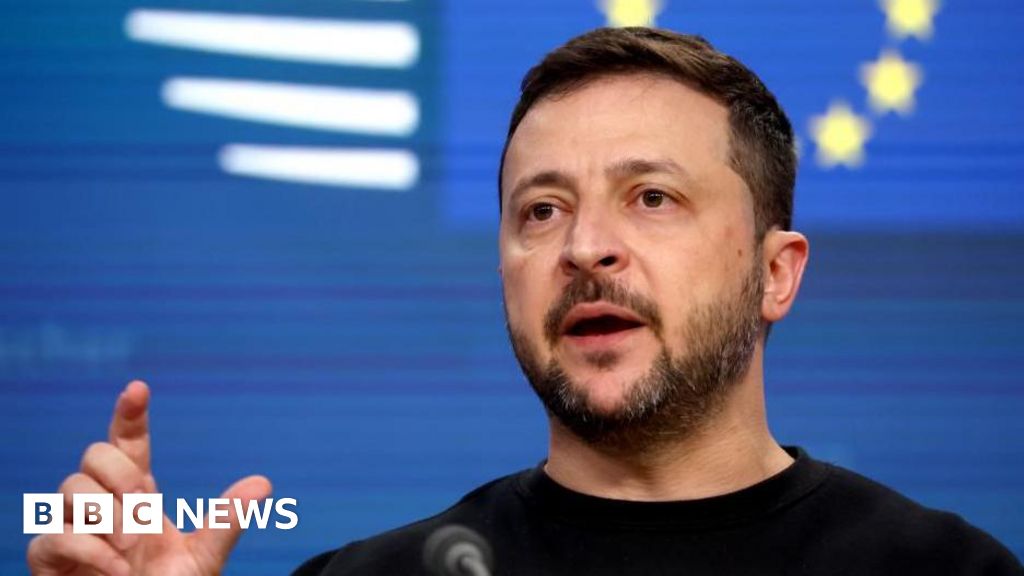


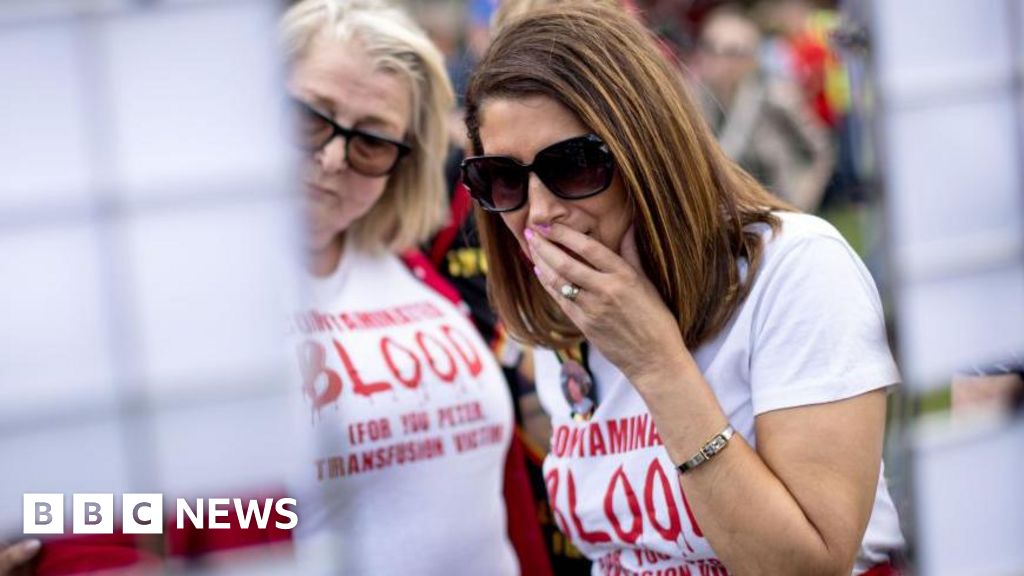
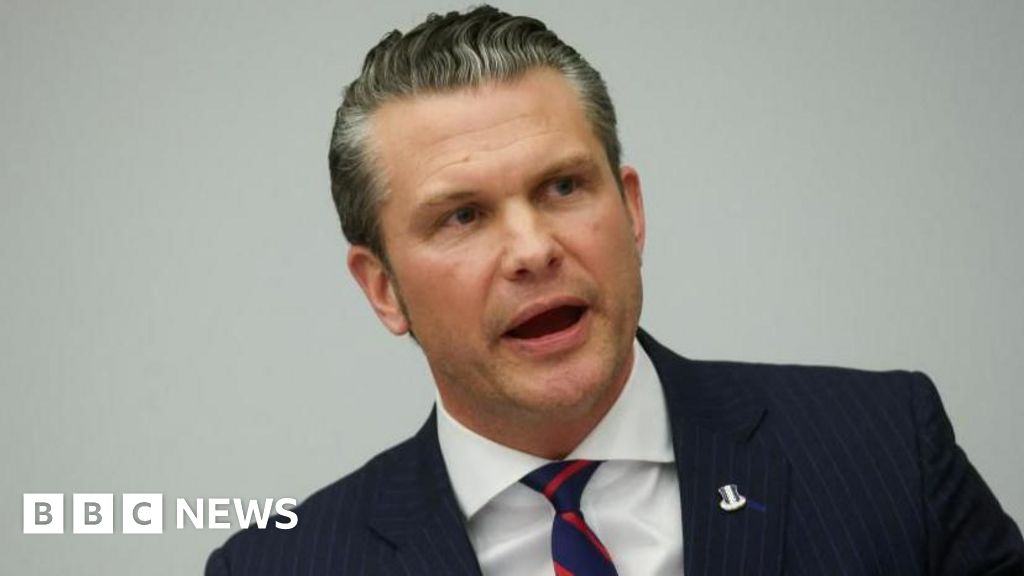
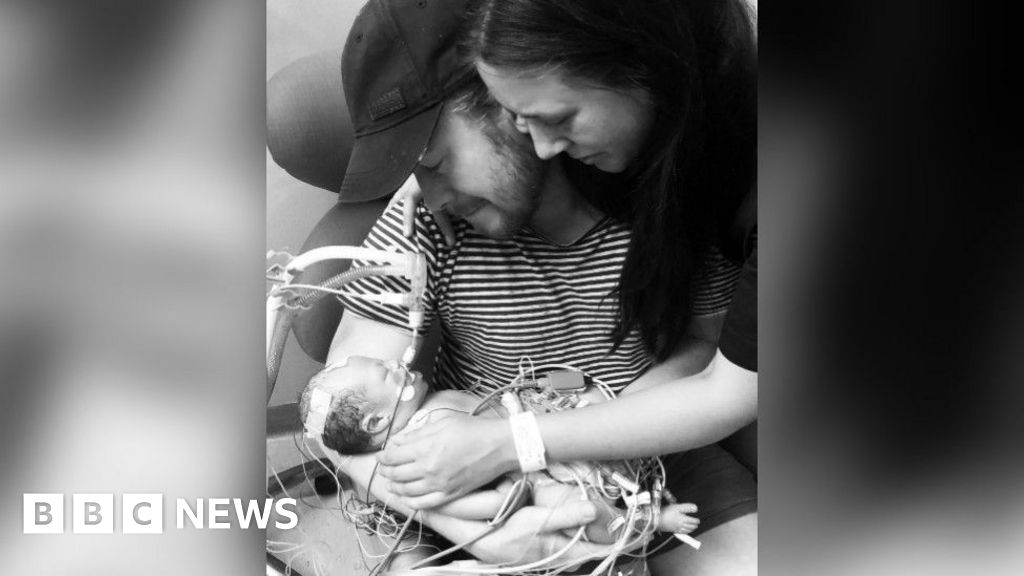







Leave a Reply